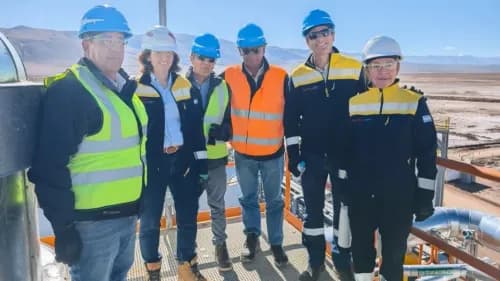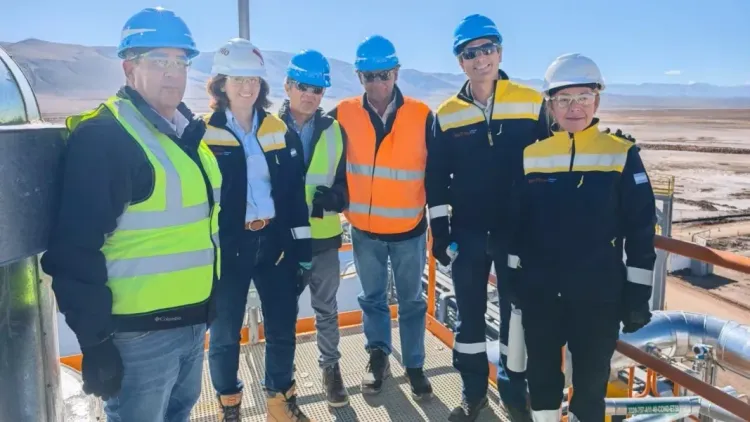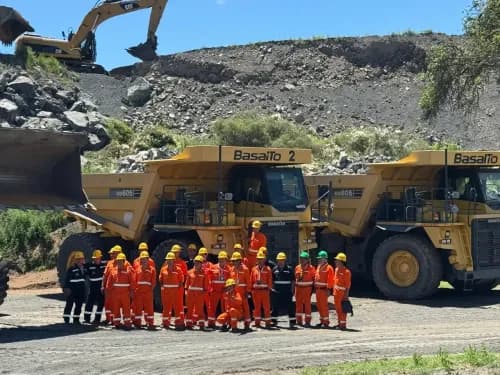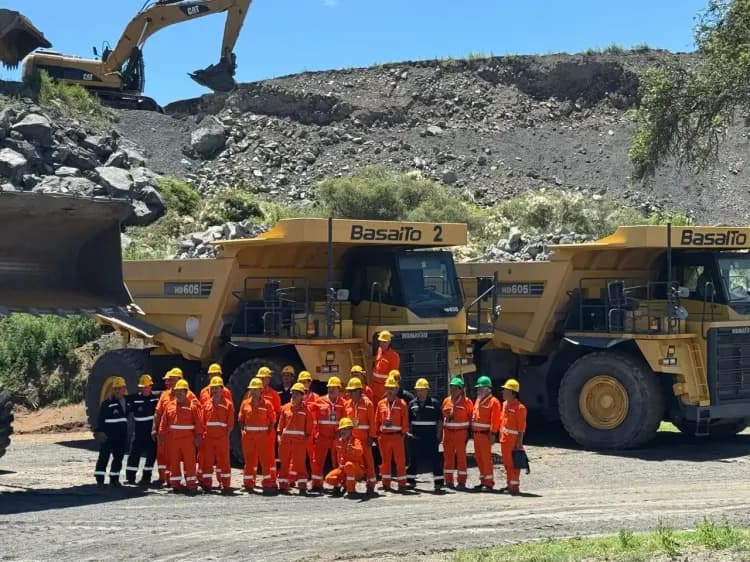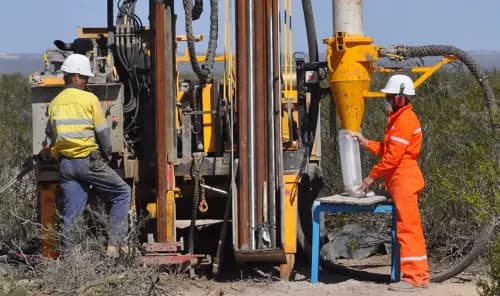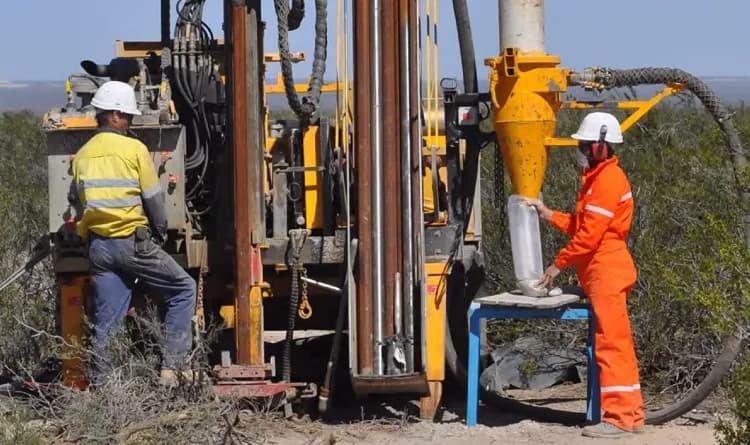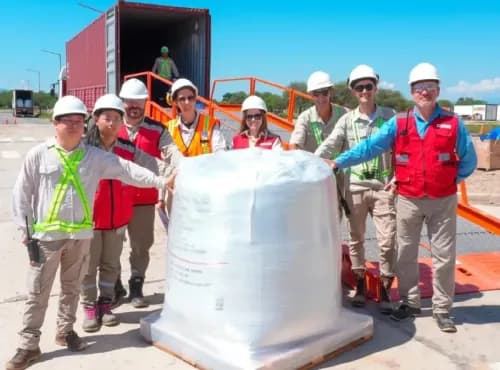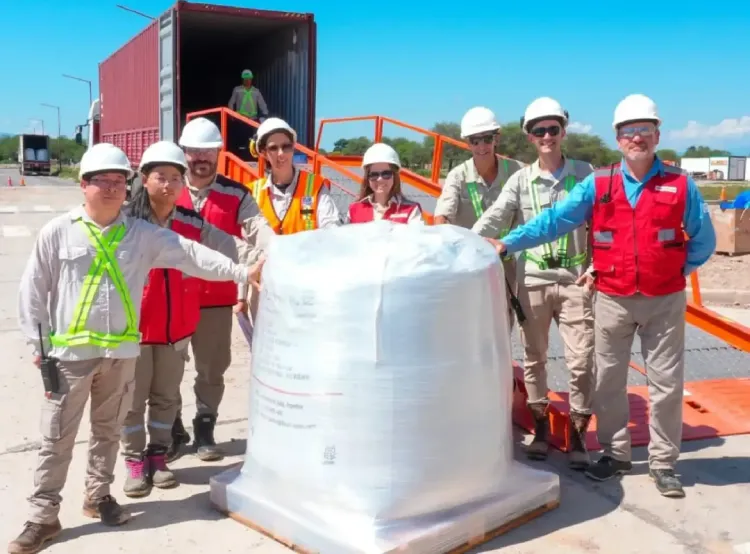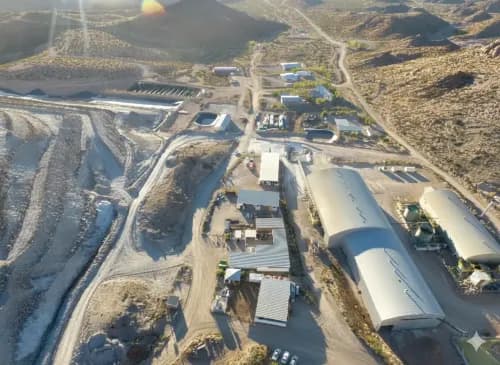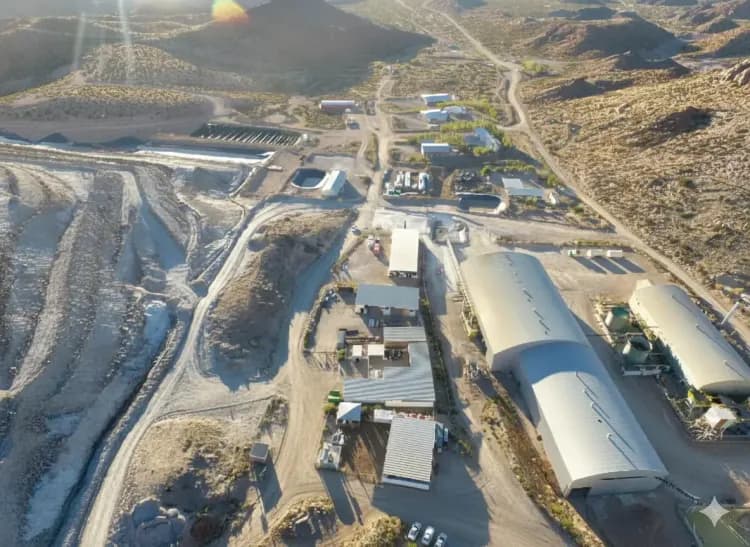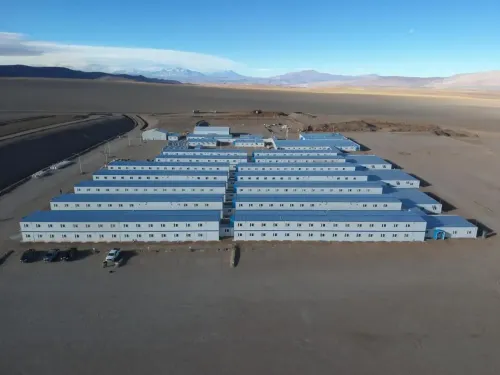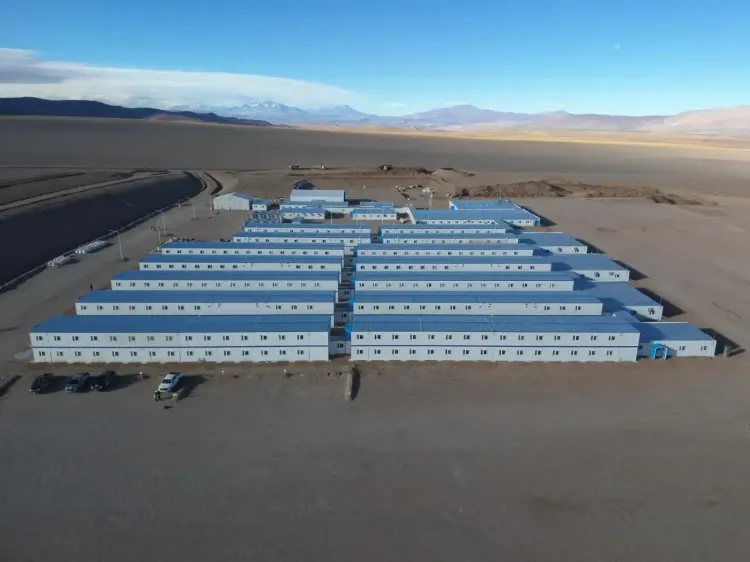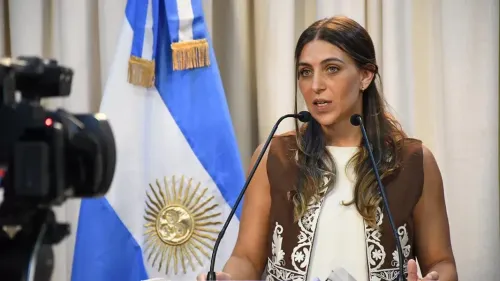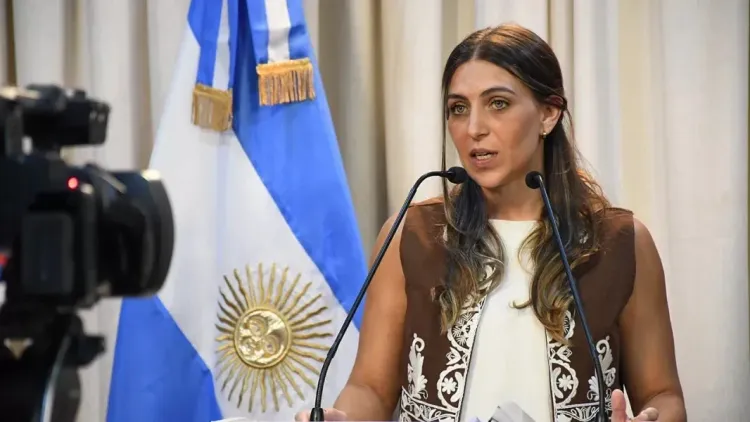In the heart of the Jujuy highlands, a program focused on reviving traditional Andean crops is restoring ancestral knowledge, creating economic opportunities, and proving that mining can also cultivate sustainable development.
By Panorama Minero
In a remote and challenging region like Rinconada, Jujuy—shaped by high altitude, isolation, and internal migration—around 20 families of small-scale producers are rewriting their story. Through the cultivation and commercialization of native Andean potatoes, they are part of a rural development initiative that brings together Indigenous communities, technical experts, government stakeholders, and SSR Mining – Mina Pirquitas, in a unique post-mining legacy and economic diversification project.
Launched three years ago, the Andean Crop Recovery Program seeks to revitalize agriculture in communities such as Pozuelos, in Costa de Guayatayoc. Families have participated in training workshops, received microloans, and harvested 10,000 kilograms of potatoes during the 2023–2024 season. The goal for 2024–2025 is even more ambitious: 20,000 kilograms, 120 beneficiaries, and the program’s expansion to include new local producers.
From Potatoes to Territorial Sovereignty
The initiative thrives on strong alliances: the Pachamama Civil Association, the Secretariat of Indigenous Peoples, the Rinconada Municipal Commission, local technicians, and ongoing support from SSR Mining’s Community Relations team. Additional partners include INTA, the Ministry of Economic Development and Production of Jujuy, and the territorial development consultancy Empoderar.
Beyond production volume, the focus is on restoring ancestral knowledge, improving agricultural practices (irrigation, seed selection, post-harvest handling), and generating alternative income sources in an area historically limited to livestock and mining.
For Diego Esteban, a local leader and member of the Secretariat of Indigenous Peoples, the project also has a cultural dimension: “This effort strengthens our households and revives what our grandparents used to do. Andean agriculture is part of our identity.” The concept of minga—a traditional form of collective labor—is central to the entire process.
Women, Knowledge, and Land
The program prioritizes experienced producers deeply rooted in the Puna ecosystem. Miriam Cruz, a key figure from Ojo de Agua with over 20 years of experience growing potatoes, played a vital role in seed selection and technical mentoring. She noted: “What you deliver reflects who you are. If we send quality products, customers will return. If not, they won’t.” Her expertise guided the selection of varieties such as Desirée, Santa María, Revolución, Imilla Negra, Sayama, Collareja, and Pali.
Host farmer Susana Mayo managed to sustain her crops despite frost and hail: “We planted eight varieties. Not all survived, but we still had a good harvest. As women, this connects us with our land, our children, and with Pachamama,” she said proudly.
Mining That Leaves a Legacy
This kind of initiative shows mining’s potential as a platform for sustainable, integrated development. “We see it as a real opportunity,” said David Zerpa, an agricultural engineer involved in the project. “These are unique potatoes, with little competition—even from Bolivia. They offer added value, color, flavor, and tradition.”
Verónica Orellana, from SSR Mining’s Community Relations team, emphasized the company’s commitment beyond financial investment: “We support logistics, training, meetings, and dedicate a full-time liaison. Eliana Flores leads the work with producers, helping them reach commercialization.”
The team has also implemented fertilization plans, input banks, drip irrigation, and seed selection and treatment. The next critical step is quality control in Abra Pampa, the regional agricultural storage and processing hub.
Beyond Potatoes: A Model for the Future
For anthropologist Mario Palma, director of Empoderar, the project answers a long-standing community dream: “To recover the variety and quality of their native potatoes, add value, and improve their livelihoods using their ancestral lands.” He highlights the current focus on improving market access, territorial integration, and real cooperation between communities.
Edgardo Volpi, Community Relations Manager at SSR Mining, sums it up: “This is a forward-thinking way to plan for mine closure. What we’re building goes beyond Andean potatoes—we’re talking about rural tourism, camelid farming, and cultural heritage. All of it starts with projects born in the communities, discussed with the State, and developed with technical support. That’s how we leave a meaningful legacy.”




